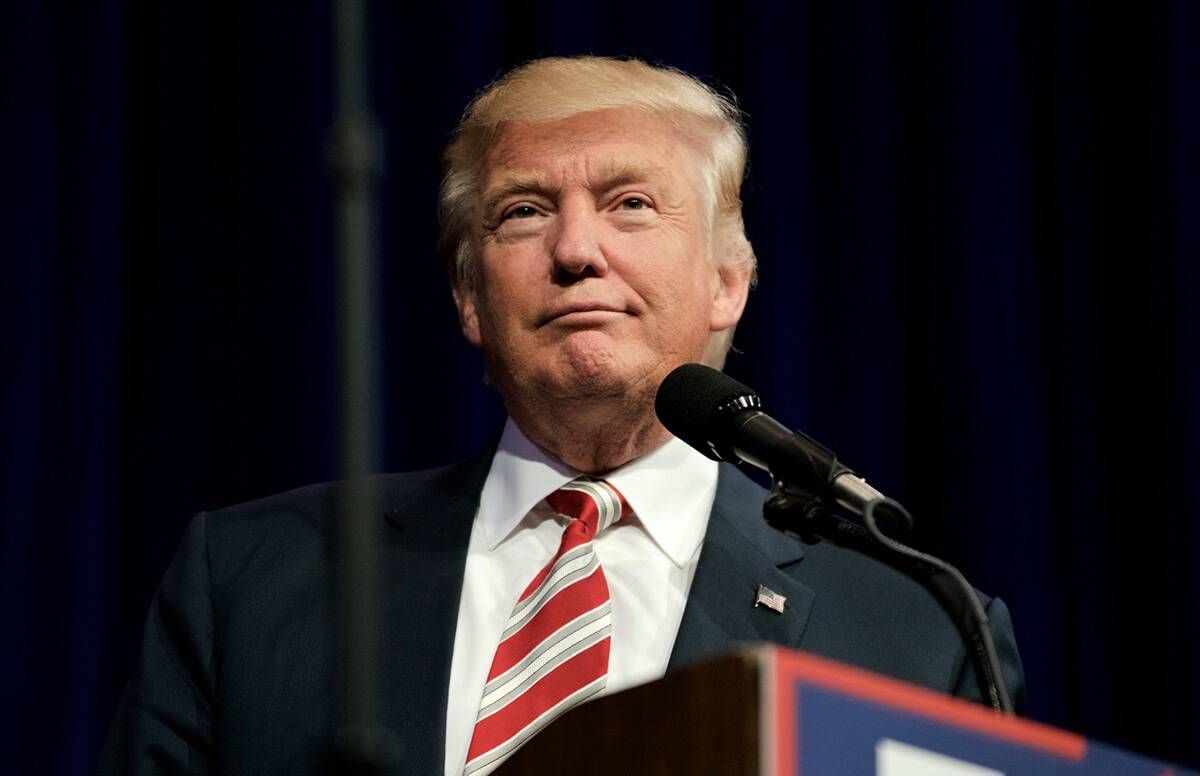How Donald Trump Could Undermine Financial Security
Why this think tank analyst says policies to protect family finances may be at risk
Economic frustration clearly played a role in the election. And yet, at the Center for American Progress [a progressive think tank], we believe the outcome of voting for change will likely be counterproductive for family finances and undermine financial security.

Outside the Beltway, few families have forgotten the foreclosure crisis and resulting Great Recession in which millions of Americans lost their homes and trillions of dollars. The average middle-class household’s wealth was virtually cut in half between 2001 and 2010, and still falls short. Meanwhile, despite a decade of economic growth, family incomes actually went down 5 percent between 2001 and 2013.
Lessons From the Financial Crisis
Yet current projections about where the Trump administration and Congress are headed suggest the lessons from the crisis that American families know all too well have been completely unlearned by policymakers.
Instead of restoring the economy and rebuilding wealth, next year’s tentative agenda shows a desire to demolish post-crisis regulations that were designed to protect households and to limit the ability of financial firms to create another disaster.
Over the past eight years, parts of the economy did recover. Unemployment dipped below 5 percent this fall, down from 10 percent in October 2009. Despite long-term economic uncertainty and years of wage stagnation, these are positive signs, coupled with sound policies that help families rebuild.
Consumer Protection On the Chopping Block?
Much remains to be done, and may ultimately be undone.
Over the past year, the U.S. Department of Labor finalized its rule to regulate retirement investment advice and better protect savers and retirees. Known as the “fiduciary rule,” it closed a 40-year-old loophole that let financial salespeople sell products not in the customer’s best interest, to the tune of $17 billion a year in higher fees.
And the Consumer Financial Protection Bureau (CFPB) continues to address wrongdoing in the financial markets, returning nearly $12 billion to victims in its five-year history — roughly five dollars back to Americans for every dollar of funding it has received. The CFPB's recent settlement with Wells Fargo after bank employees signed up customers unknowingly for over 2 million unauthorized and unwanted accounts reminds us of the importance of bringing bad actors to justice. The CFPB is now finalizing a rule addressing the harmful practices of payday and auto title lenders that trap vulnerable families in a cycle of debt.
But these and many other hard-fought regulations to protect consumers and investors may soon be stillborn, if not on the chopping block.
What The Financial CHOICE Act Would Do
The Financial CHOICE Act, sponsored by Rep. Jeb Hensarling (R-Texas), would largely undo the Dodd-Frank law (financial reform legislation passed in 2010 in response to the financial crisis). It would also reopen the door to the predatory mortgage lending that caused the crisis, encourage financial risk-taking that could lead to broader financial instability, cripple the CFPB by changing its structure and mission and scrap the Department of Labor's rule on conflicted investment advice.
President Obama has repeatedly threatened to veto such bills, but President Trump could well go the other way. Hensarling, chairman of the House Financial Services Committee, is under consideration for Treasury Secretary, according to The Wall Street Journal.
Instead of making America great again, the call to dismantle these new safeguards put in place since 2008 will likely make family finances risky once again. And repeated warnings may receive less attention, such as minority borrowers being charged more for mortgages and car loans despite having the same credit scores as other applicants.
Shrinking Financial Security
In all likelihood, these trends mean shrinking financial security for families and a growing gap in income and wealth between the top one percent and everyday Americans.
Despite the accomplishments of the past eight years, it is clear that more could be done.
Few were punished for intentionally making loans that borrowers could not pay back, thereby betting against American homeowners and triggering a global financial crisis. No one went to jail for this massive fraud across the financial sector. Instead, the burden fell on the rest of us. Lately, Wells Fargo employees lost their jobs for not meeting overly aggressive sales quotas or fell victim to overwhelming pressure. Meanwhile, the corporate leadership involved left with golden parachutes.
Not Draining the Swamp, But...
So, voter frustration with the pace of progress is no surprise. It almost feels like 2008 all over again.
The voters’ impulse to shake up the political system is a natural one. But instead of draining the swamp, the likely outcome may instead be a shakedown of their own financial lives through policies that drain the prospects for growing middle-class families’ wages and wealth.

